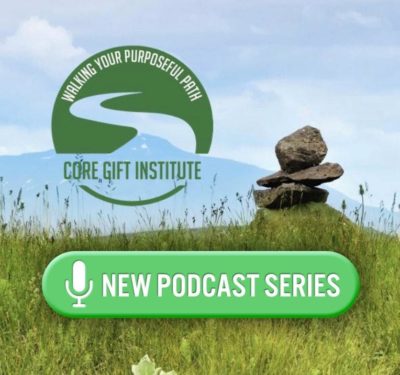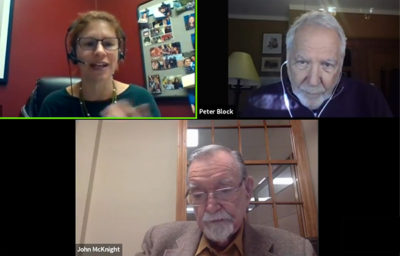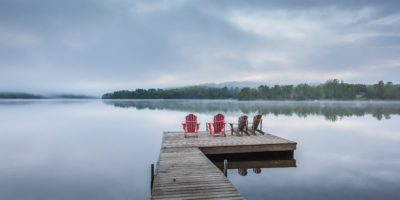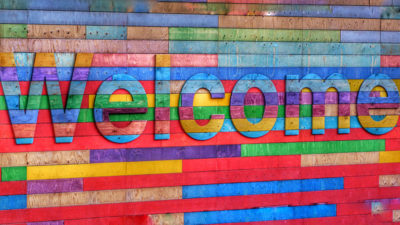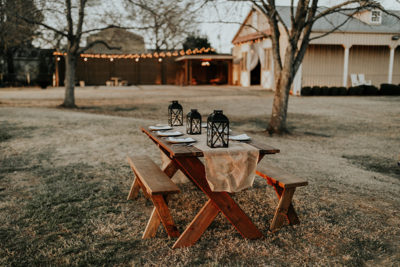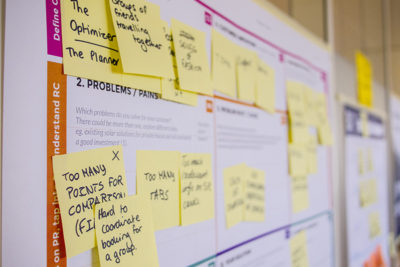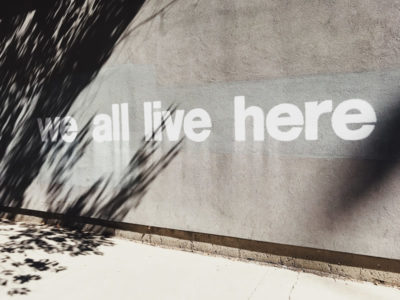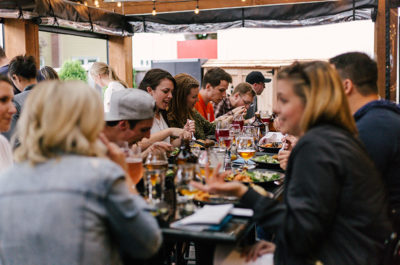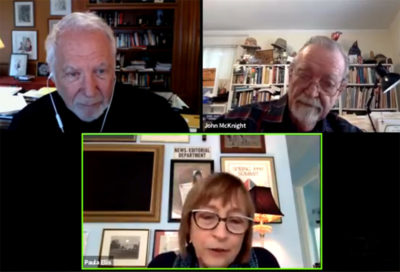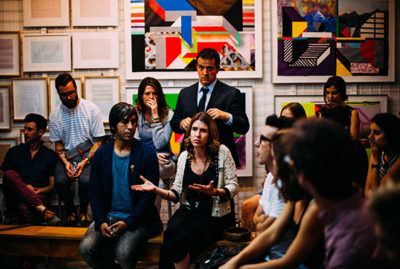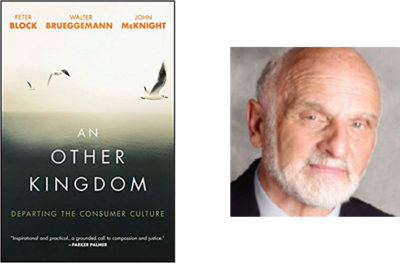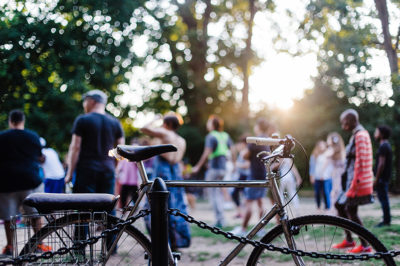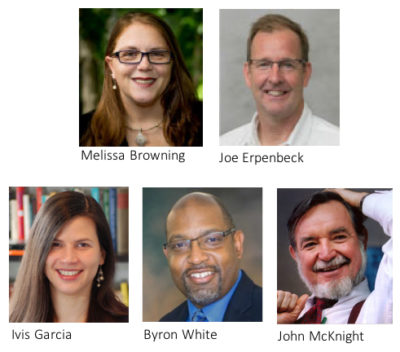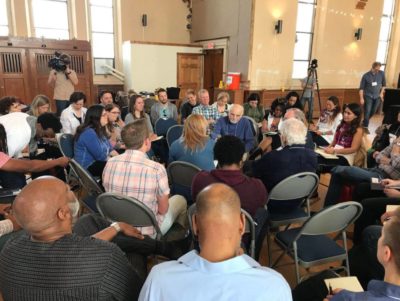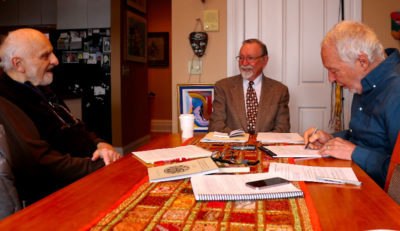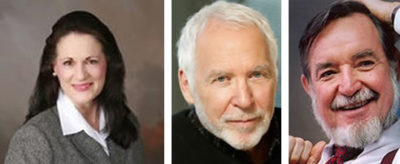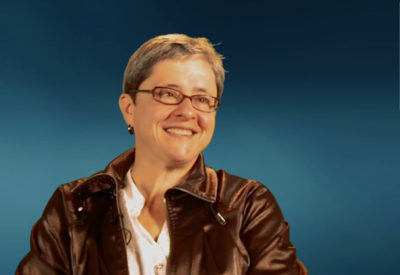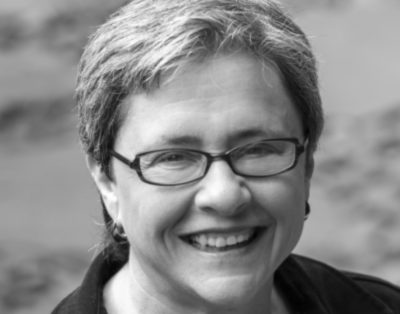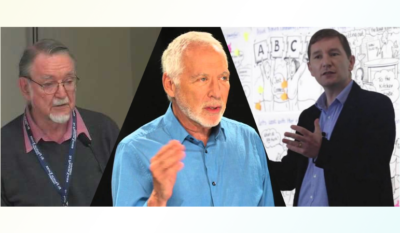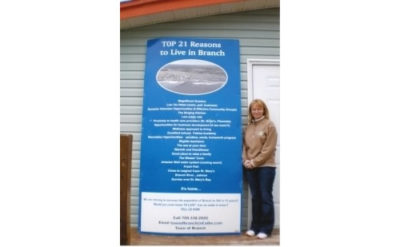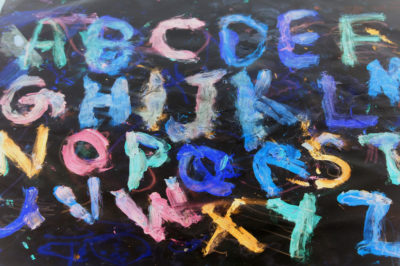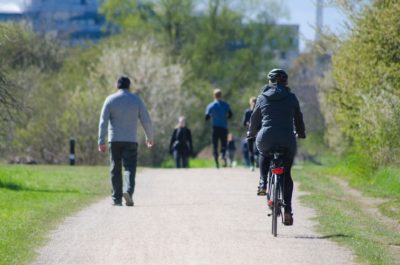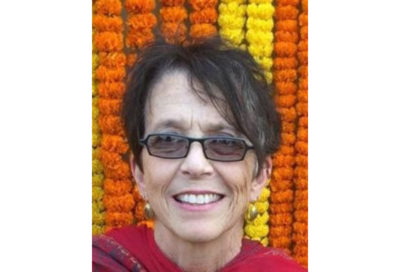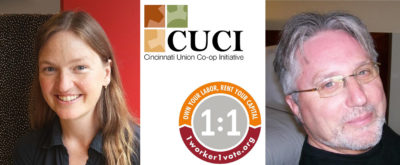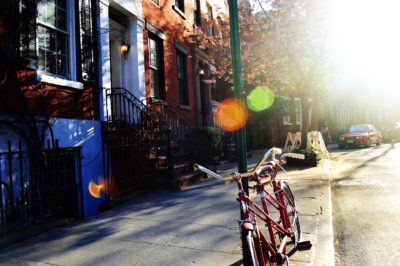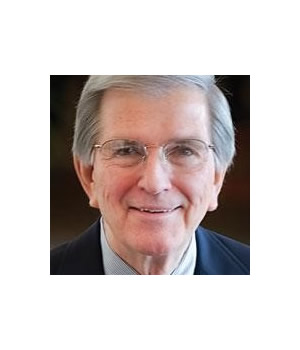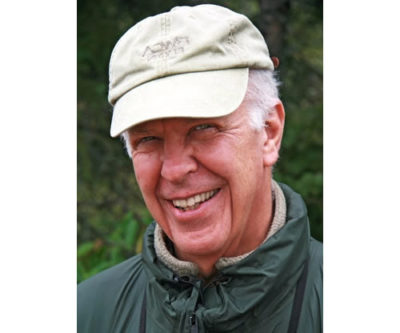Tag Archives: john mcknight
Departure for Another Way
Meditating on a Neighborly Economy
Embracing Deviance
The Affinity Dilemma
The Dilemma of Meetings
The Problem With Problems
Organizing Residents to Solve an Impossible Challenge
Faith and Church with No Bricks and Mortar: Conversation with Father Joseph Kovitch
Since their book The Abundant Community came out, John McKnight and Peter Block have sought out those social innovators who are bringing alive the ideas about how neighbors and local institutions can come together to create care, kindness, and welcome. One of those innovators is Father Joseph Kovitch. Peter and John talked with him in June of 2018. They are still in touch with him and what he describes here is still vibrant today.
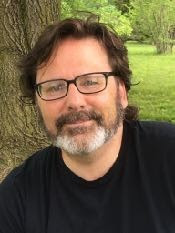
Father Joe was a priest of Saint Matthew’s Episcopal Community in Westerville, Ohio, who worshiped in an Irish pub and is currently on a university campus; they are also serving out of a community house nearby. He has been ordained for 30 years and has served in many ministries and missional environments, some of which include serving as leader of a large traditional congregation, leading a redevelopment merger of three congregations into a new mission, and, at this moment, serving as Diocesan Missioner for New Episcopal Communities in the Episcopal Diocese of Southern Ohio. Here is the conversation we had in 2018.
Listen to the Full Conversation:
The Parish in the Neighborhood
When we look at the Parish as a microcosm of all life’s dimensions, the conversation changes from traditional clergy talk of “butts, budgets and buildings,” to: What is God up to in our places, and how do we join in with that? Listen to Paul Sparks, Co-founding Director of the Parish Collective, discuss with Peter Block and John McKnight in this conversation:
Changing the Narrative for Community Leadership
Restorative Practices for Turbulent Times
What can happen when we move justice out of the law system and into neighborhoods and communities? Restorative practices are being put into action beyond justice systems into schools and institutions, changing the conversation from fault and punishment to looking at who has been harmed, how they were harmed and whose obligation it is to repair that harm. In this conversation, community and organizational psychologist Thom Allena shares insight and experiences from his work with restorative justice. Listen:
Another Other Kingdom
Associating Associations: The Power of Convening
An Introduction to ABCD
Common Good Fellowship pilot beginsFellowship program provides community for radical leaders
How Neighborhoods Engage with Local Governments
How are institutions and government most useful in supporting neighbor driven initiatives? What can we do with a little bit of outside assistance? And what do we need somebody from the outside to do? Ron Dwyer-Voss asks these three questions in his work engaging with community groups who want to have stronger relationships with local government.
Ron, owner and founder of Pacific Community Solutions, uses the Asset-Based Community Development process with community groups to help them identify how they can do something to create transformation. He shares with John McKnight and Peter Block stories and insights such as the importance of including reflection and learning conversations as part of the process.
Listen:
Announcing Common Good
Engaging Neighbors Opens Thinking for Health Professionals
Lisa Gale Hadden, Michigan Area Health Education Center executive director, has learned that when medical and nursing students go to neighborhoods to talk with families about their health they discover untapped resources and assets.
“They really saw the value in connecting to the neighborhood health wisdom and used that to become better health care professionals. It changed their care planning for their patients.” Students asked appreciative, open-ended questions to discover how neighbors define their own health in their own terms. Twenty years later, the students have who are now practitioners are still talking about it.
In this conversation, Lisa – who acts as a bridge between medical and community knowledge in her work – shares more about this experience with John McKnight and Peter Block.
Listen:
Quotes:
“The more that there’s income equality in a community, or city, or town the healthier people are.” – Lisa Gale Hadden
“Our advice (to students) has always been . . . you’re there first and foremost to just be a neighbor. I think our students really began to see that as they developed relationships with our neighbors.” – Lisa Gale Hadden
PeoplesHub: Connecting change-makers online
How can we connect local change-making pioneers and reduce their sense of isolation? A new, online platform called PeoplesHub will bring interactive, participative processes to local neighborhood groups and connect them to trainers and other groups across the country.
Sarah van Gelder, co-founder of YES! Magazine, says PeoplesHub training will range from general topics – such as how to host an ecstatic meeting and how to navigate conflict – to providing tools for specific areas of change people are working on.
Instead of bottom-up or top-down, the platform promotes lateral connections amongst people who are engaged in social innovations. In this call with Peter Block and John McKnight, Sarah discusses the initial phases of the new online platform and its methodology.
Listen here:
Quotes:
“(The) power that people have in their own communities to get stuff done … if we can unleash that power, we can have a real transformation of this country.” – Sarah van Gelder
Related Link:
revolutionwhereyoulive.org
Building community: Tune into talk with Sarah van Gelder
Exploring How Community Animators Work: Cormac Russell
Tune into this insightful conversation with Cormac Russell. Cormac, Managing Director of UK-based Nurture Development, has been doing asset based community work in over 100 neighborhoods around the world.
In this conversation, Cormac shares the 8 Touchstones he developed for animating neighborhood relationships. He also shares about learning sites, the role of the community animator and connector, and lessons being learned.
Listen here:
Quotes:
“A lot of our work is about just calling people into a radical presence and a radical act of revealing what’s here, and how we can get that connected up and mobilized.” – Cormac Russell
“We are very focused on how we can accompany local residents and interested practitioners on the journey of getting into right relationship with each other. That’s a critical first touchstone.” – Cormac
Russell
Photo via Nurture Development
Small Town Invites Younger Generation to Come Home
Former mayor Priscilla Corcoran Mooney talks with John McKnight and Peter Block about community life in the small coastal town of Branch, Newfoundland, Canada. In 2007, Branch town council held a “come home” reunion-type event and listed the “Top 21 Reasons to live in Branch,” attracting national media attention. Branch citizens are known for their strong sense of belonging.
Priscilla shares about initiatives connecting people and contributing to well-being, such as a community dinner where photo slideshows spark conversation and a corner store with healthier food options.
Listen here:
Related Link:
Top 21 Reasons to Live in Branch
In Search of the Tie That Binds
Neighborhood initiative impacting social health
In Rochester NY, Deborah Puntenney and her network are transforming the conventional wisdom about how foundation money can produce resident health outcomes. Eight years into the project with the Greater Rochester Health Foundation they are investing in the social determinants of health through grassroots, place-based and resident-driven efforts. This is not about more health services.
The foundation and a group of its grantees formed the Neighborhood Health Status Improvement Initiative, where four neighborhood groups are using Asset Based Community Development to work on health-related issues.
Deborah shares examples from an inner-city community in this conversation with Peter Block and John McKnight:
Related Links:
dpuntenney.com
thegrhf.org/funding/neighborhood-health/
photo courtesy Pixabay.com
Upcoming Community Action and Health Discussion
Did You Know There’s a Union Co-op Movement?
What possibilities do worker-owned co-ops hold for an alternative economy? In the Basque region of Spain, Mondragon is the world’s largest group of industrial worker-owned co-operatives transforming the region from poverty to thriving and resilient communities. In Cincinnati, the Cincinnati Union Co-op Initiative (CUCI) is doing the same.
Michael Peck, co-founder of 1worker1vote.org and a North American Delegate for Mondragon, and Kristen Barker, president and co-founder of the CUCI, join Peter Block and John McKnight in a conversation about union co-op possibilities, successes and struggles. Listen to the full conversation:
Quotes
“This integrated network of co-ops is one of the exciting things that is now coming to life in a much bigger way in the United States because of this Mondragon union co-op.” Kristen Barker
“Stakeholders are coming together who have decided that it’s time to re-own their own economy. It’s time to take their economic sovereignty back and they look to us as a way forward to do that, not just a pathway out of poverty, but a pathway to actual prosperity.” Michael Peck
More Resources
Mondragon: http://www.mondragon-corporation.com/eng/
Cincinnati Union Co-op Initiative: https://www.cincinnatiunioncoop.org/
Upcoming event: National Union Co-op Symposium
Join John McKnight on Zoom May 16
Citizens and local democracy: a conversation with David Mathews
David Mathews shares the story of a community where the schoolhouse’s paint was falling off. When a group of neighbors got together and repainted the school the purpose wasn’t about getting paint on the walls – but to demonstrate when people get together they can make a difference.
The Kettering Foundation’s primary research question is “what does it take to make democracy work as it should?” Research is conducted from the citizen’s perspective and explores what people can collectively do to address problems.
David shares these ideas and more in a conversation with John McKnight and Peter Block. Listen here:



